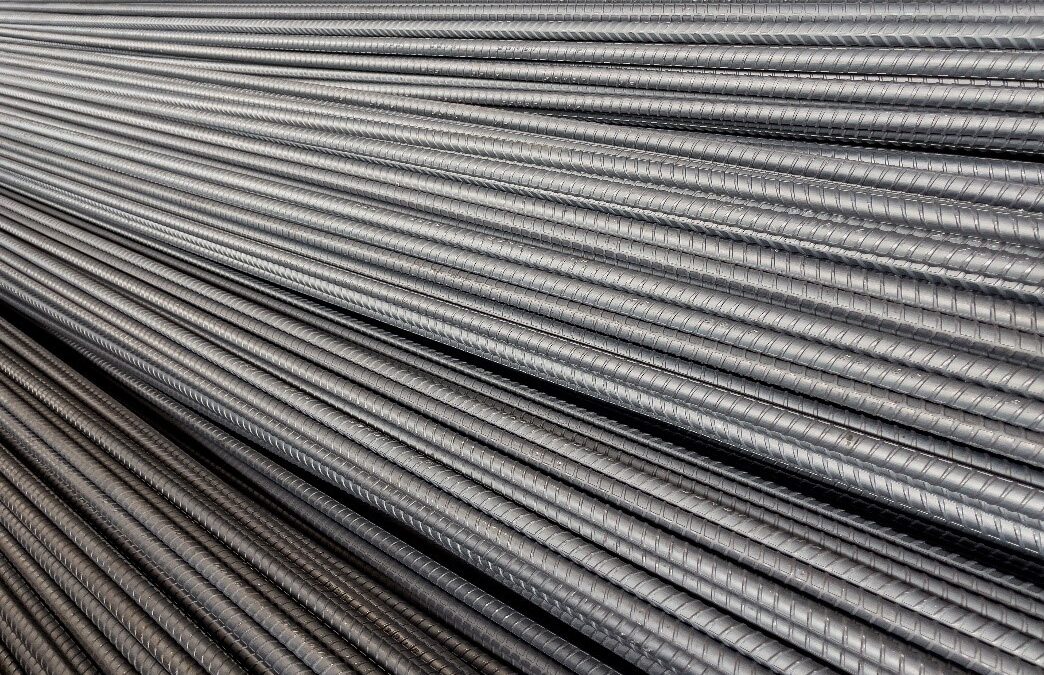Steel reinforcement, commonly known as rebars, are metal products used in construction to strengthen and hold concrete. That’s because even though concrete is durable, it isn’t strong enough to withstand loads without breaking. These metal products are essential to the structural integrity of concrete for your building.
There are a few facts about steel reinforcement you might not be aware of. Learn about them by reading on:
Common Rebar Sizes and Grades
There is no one-size-fits-all option when it comes to rebars. There are different rebar sizes that builders use, each of them having their specific applications. They often range from #3 to #18, each rebar diameter increasing by 1/8th of an inch. The smaller and thinner sizes are often sufficient enough for small construction projects. In contrast, the thicker sizes can be used for large-scale buildings.
Rebars are also rated in grades. These determine the steel product’s maximum tensile and yield strength, measured in kilopound per square inch (KSI). In the US, these grades are standardized by the American Society for Testing and Materials (ASTM). You’ll typically see grades set in 40, 60, 75, 80, and 100. For residential projects, 60-grade rebars are commonly used.
Rebar Types Used in Construction
Rebars can also come in various kinds, and the one you’ll use will depend on what kind of building you’re constructing. Here are a few examples of the most commonly used types:
- Deformed Steel Bars – These are known to be very flexible and easy to maintain. Deformed steel bars have indented exteriors that enhance the bond it creates with concrete, ensuring better structural integrity.
- European Rebars – Commonly made from manganese, these are low-cost options that provide exceptional flexibility for small-scale projects.
- Mild Steel Bars – Unlike deformed steel bars, this type has a plain and smooth surface. As such, they will require hooks to have a good bond with concrete. These are great for columns and smaller, low-budget projects.
- Carbon Steel Rebars – Although carbon steel rebars are more susceptible to corrosion than others, they are one of the most durable choices for construction projects. Adding a layer of epoxy coating during its manufacturing can ensure protection against rust.
- Stainless Steel Rebars – These rebars are highly resistant to corrosion and are arguably one of the best options on the market today. Because of their high resistance, stainless steel rebars are also the most expensive type available.
Here at Whitt Building Supplies, we can provide you with building supplies you need to finish your construction, from metal products to hardware and accessories. Contact us today to learn more about our inventory.


Recent Comments